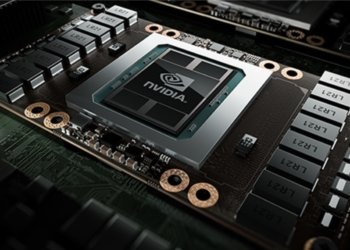In the ever-evolving lexicon of social media, the term ‘bot’ has undergone a significant transformation. Once a technical term for automated accounts, it has now become a common insult in online interactions.
The Original Bots: Automated Accounts and Their Functions
The inception of ‘bots’ on social media platforms was marked by their role as automated accounts, programmed to perform repetitive tasks. These bots were designed to mimic human activity, often for benign purposes such as scheduling posts or providing automated customer service responses. However, the functionality of these bots quickly expanded into more dubious territory, with some being used to inflate follower counts, spread spam, or manipulate online discourse.

As social media grew, so did the sophistication of these bots. They became capable of more complex interactions, blurring the lines between human and machine-generated content. This led to the development of algorithms aimed at detecting and flagging bot activity, though the effectiveness of these algorithms has been a subject of debate among experts.
The Shift in Meaning: ‘Bot’ as an Insult
Around 2017, the usage of the word ‘bot’ began to shift. No longer confined to describing automated software, it started being used as a pejorative term against individuals in online debates. This new usage was a tactic to discredit and dehumanize opponents, suggesting that their arguments were so formulaic and predictable that they could have been generated by a machine.
This change in meaning reflects a broader trend in online communication where language is repurposed and weaponized. The term ‘bot’ became a way to dismiss someone’s point of view without engaging with the substance of their argument, effectively shutting down dialogue.
The Sociopolitical Implications of ‘Bot’ Accusations
The transformation of ‘bot’ into an insult has not occurred in a vacuum. It coincides with a politically charged atmosphere on social media, where accusations of bot-like behavior are often leveled along ideological lines. Research indicates that these accusations are more frequently directed at right-leaning individuals by those on the left, possibly influenced by reports of bot networks swaying political events.
This politicization of the term raises questions about the impact of such language on the quality of public discourse. By reducing opponents to ‘bots,’ there is a risk of undermining the diversity of thought and opinion that is essential for a healthy democratic society.


































